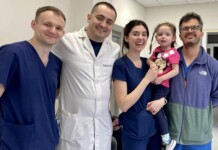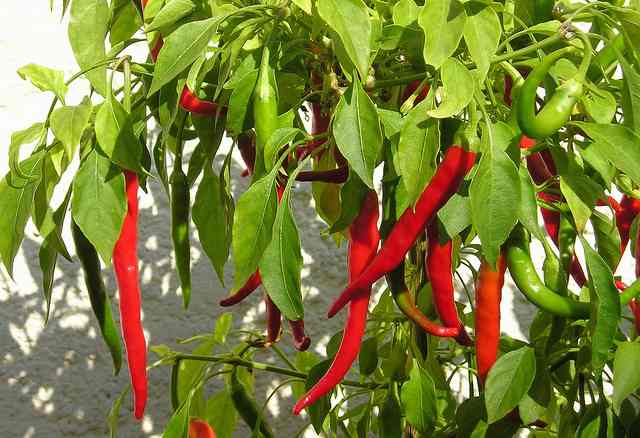Capsaicin, an active ingredient of pungent substances such as chili or pepper, inhibits the growth of breast cancer cells.
The experiments were carried out with the SUM149PT cell culture, a model system for a particularly aggressive type of breast cancer, i.e. the triple-negative type. Chemotherapy is currently the only available treatment for this type of cancer.
MORE: Bold Trials to Kill Vicious Cancer Type is So Successful, FDA Will Fast Track to Patients
In collaboration with Dr. Gabriele Bonatz from the Augusta clinics in Bochum (Brustzentrum), a German-based team of researchers confirmed the existence of TRPV1 in tumor cells in nine different samples from patients suffering from breast cancer.
The researchers activated the TRPV1 receptor in the cell culture with capsaicin or helional, by adding the substances to the culture for a period of several hours or days. As a result, the cancer cells divided more slowly. Moreover, the treatment caused tumor cells to die in larger numbers. The surviving cells were no longer able to move as quickly as heretofore; this implies that their ability to form metastases in the body was impeded.
RELATED: 2 Cups of Coffee Can Beat Back Breast Cancer Recurrences
“If we could switch on the TRPV1 receptor with specific drugs, this might constitute a new treatment approach for this type of cancer,” says Hanns Hatt. An intake via food or inhalation is insufficient for this purpose.
Earlier studies had demonstrated that the chemical arvanil – with a chemical make-up similar to that of the spicy molecule capsaicin – was effective against brain tumors in mice; it reduces tumor growth in the animals. Due to its side effects, however, this substance is not approved for humans. In addition to capsaicin and helional, the endovanilloids, produced naturally in the body, also activate the TRPV1 receptor.
(Source: Ruhr-University Bochum)
Click To Share This Spicy News With Your Friends – (Photo by Maja Dumat, CC)




















